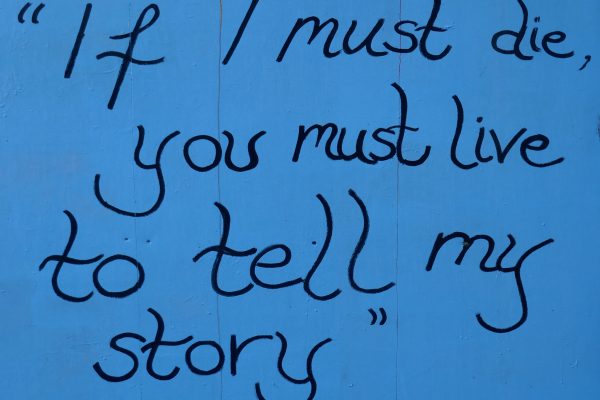Mansion of Foam
With my heart, pounding on you, oh unlimited shadow,
I feed the unmitigated brio of these engravings—lasting;
escaping from his life, I think, the one who leaves cleanses the world,
and so is inclined to reflect its sweetly terrestrial image.
A town (Blue), arduously flooded.
It will spend the hard season balancing its landscapes.
Time fallen from trees, any sky could be my sky.
The white path crosses its motionless storm.
Mute voice dwelling under my dreams,
my friend instructs me on the naked accent of her arms,
next to the balcony of disciplined, riotous, light,
and from where as yet unimagined misfortune can be sensed.
Lined with distances, between man and meager-man,
everything sinks “under the banner of its final farewell”;
I ceased to exist, suddenly forsaken by my own self,
because man loves only his own and dark life.
Unknown idol. What must I do to kiss it?
Legislator of urban time, unfurled, abundant,
I confess my self-crime because I want to understand it,
and on the reefs of its stone alcohol I spread my words.
• • •
Nocturne
The trees are drunk, from nocturnal lights,
and they drag their shadows, nervous and stiff.
Their shadows, strangling the night’s winds,
shelter and rattle me, as if I were a bird.
And my steps echo in their black boughs,
and the weakest hooks fill me with vertigo;
yet when I cast my eye on them from another, simpler pair,
they respond, swaying, that they remained intact…
The leaves, dilating the communal shadows,
return like ruined boats to their tree.
They cannot, oh, attain the solid banks
that the tips of heavenly bodies announce from above,
yet thick with silence they plow, quivering
through deep and frozen ponds of miracle.
And in the nocturnal trees embracing the earth,
I find oblivion and mercy, when in despair,
while the light runs down their boughs,
thin, diaphanous… LIKE WATER BETWEEN MY HANDS!





